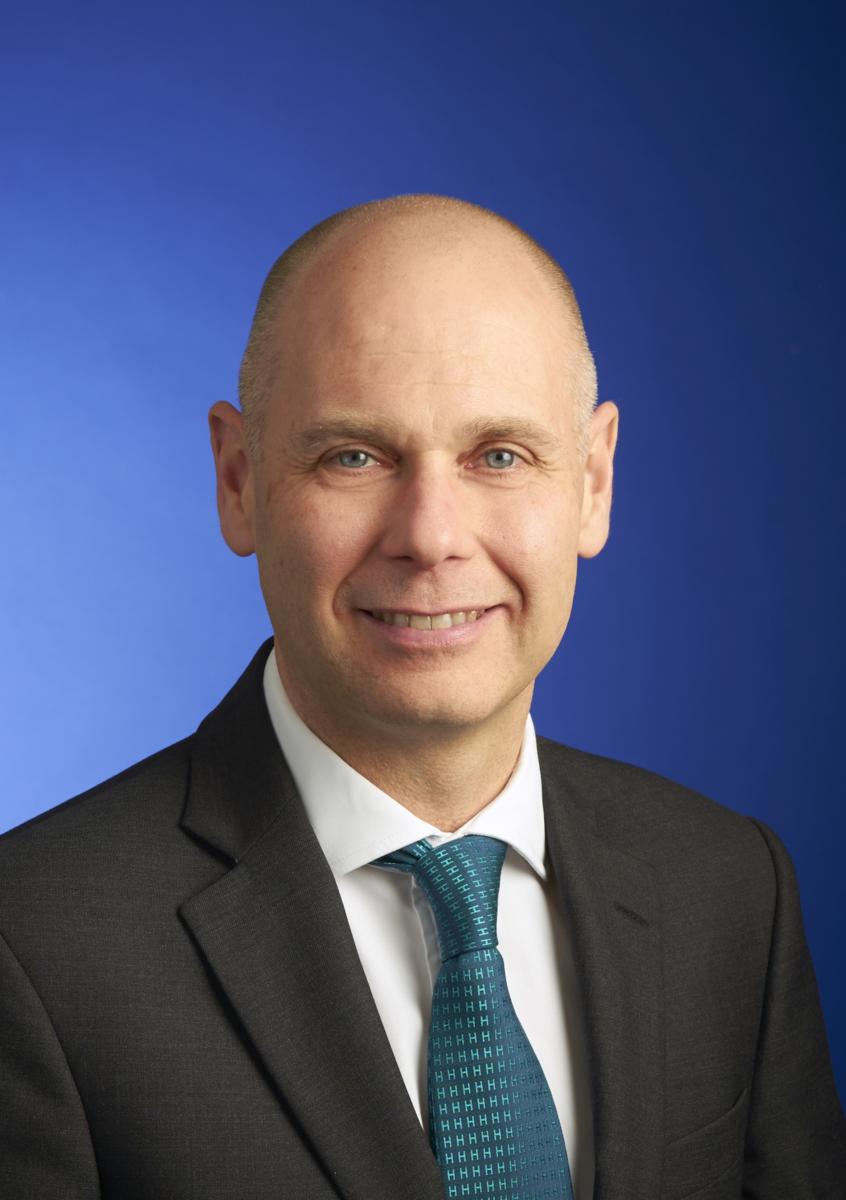Why family offices will get tactical, digital and cultural in 2020

The year 2020 will see family offices invest tactically and bolster their cyber security in the face of uncertain geopolitics, while family values are promoted to retain top talent and next gens lead the charge on digital streamlining.
KPMG’s Greg Limb, head of family office and private client, and Andra Ilie, senior manager, family office and private client, share their predictions for the world's family offices in the year ahead.
With so much going on globally, geopolitics will continue to feature on the agendas of family office principals and chief executives this year, with significant time spent taking stock of their own exposure and then driving actions to both mitigate perceived risks and seize potential opportunities.
 We are already seeing a number of family offices with heavily concentrated positions (whether these are from a business, investment or geographic perspective) looking for opportunities to diversify through various means. Some are hedging their bets and using leverage to provide liquidity, making the most of the increasing population of private debt providers. Others are being bolder and selling some of their assets, taking advantage of the demand from private equity buyers and the strong multiples this is driving.
We are already seeing a number of family offices with heavily concentrated positions (whether these are from a business, investment or geographic perspective) looking for opportunities to diversify through various means. Some are hedging their bets and using leverage to provide liquidity, making the most of the increasing population of private debt providers. Others are being bolder and selling some of their assets, taking advantage of the demand from private equity buyers and the strong multiples this is driving.
Family offices are also making tactical acquisitions with German real estate popular—in anticipation of some of the changes that might take place to pan-European businesses following Brexit and to provide them with a euro hedge.
Much like last year, having flexible governance structures and understanding the options available to them from a wealth protection perspective will remain paramount.
Technology focus
Technology will remain at the forefront of the agenda for most family offices and we have already started to see strong volumes of funding for innovative startup businesses coming from family offices contributing to the rise of unicorn companies globally as new technology companies matured and yet remained private.
 For many family offices we expect to see an increased focus being placed on building up the digital infrastructure underpinning their operations. Cyber security is seen as a key investment, when adding into the mix the wider risk and recent Friday afternoon frauds that have been impacting family offices and the wealthy, it is perhaps the right time to shift the attention to professionalising the family office in a similar manner to professionalising a business.
For many family offices we expect to see an increased focus being placed on building up the digital infrastructure underpinning their operations. Cyber security is seen as a key investment, when adding into the mix the wider risk and recent Friday afternoon frauds that have been impacting family offices and the wealthy, it is perhaps the right time to shift the attention to professionalising the family office in a similar manner to professionalising a business.
Culture as a key ingredient in retention
Culture will continue to play a key role in attracting talent to family offices, where it will be used as a unique selling point as well as an imperative mechanism for retaining talent. In a space where demand trumps supply, newer family offices might find it slightly challenging to convey those values to the external talent pool without strong internal ambassadors. Families will continue to use close contacts and referrals however, there is an obvious opportunity for further expertise in the recruitment field.
Education and continuity
Education is taking more of a formal role on the family offices’ roadmap with clearer functions closely linked with the continuity agenda. The next generation have clearer pathways for interacting with the operating business (where there is one), or with the resulting wealth managed by the family office. They are likely to challenge the status quo and pursue different and personal agendas, with a focus on impact and innovation where the existing family business is not perceived to help them achieve their potential or making enough of an impact.
 Outsourcing for value-add
Outsourcing for value-add
We would expect to see more outsourcing taking place, particularly of those functions that are not perceived to be adding value and ensuring the skills and expertise in-house are aligned with the family’s purpose for their wealth, and their family office. Furthermore, with the next generation coming into play, the digital natives are challenging the somewhat conventional family office model that has been serving the past generations and looking to move it more towards a virtual family office, whilst focusing on the value added from peerage and co-investment opportunities.






